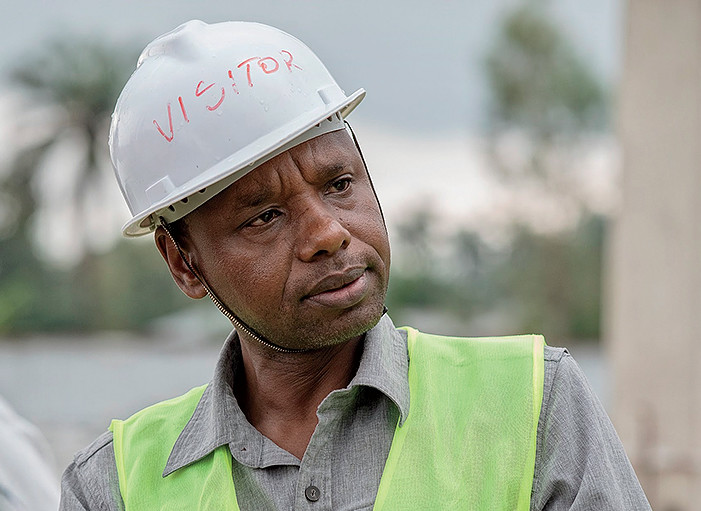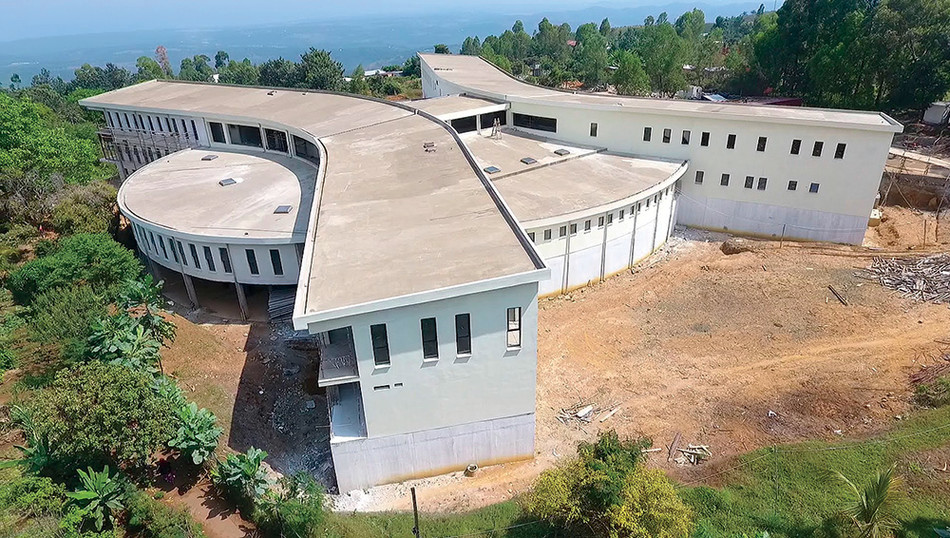Burundi, a small country in central Africa with a population of twelve million, is among the poorest in the world. Substandard hospital conditions and a shortage of doctors and nurses have led to avoidable illness and death, including maternal mortality rates that are twenty-seven times higher than they are in the US. Lifesaving procedures as common as C-sections are unavailable in rural areas. “Mothers are dying in childbirth and leaving children behind with no future or hope,” says Deogratias Niyizonkiza ’01GS, the founder and CEO of the nonprofit Village Health Works, which runs a public clinic and community center in Burundi.
But later this year, after much vigorous fundraising and many frustrating setbacks, including the COVID-19 pandemic, Niyizonkiza will finally realize his dream of opening Burundi’s first hospital for women. Based in the rural mountain village of Kigutu, the 150-bed Women’s Health Pavilion will initially offer emergency, ob-gyn, and pediatric care, with the goal of expanding its services and establishing a robust training program for health-care professionals in the near future.
That Niyizonkiza should be the one to achieve this goal is itself something of a miracle. He immigrated to the United States in 1994 as a refugee from Burundi’s genocidal civil war with little money and no English. In Burundi he had been a promising medical student, but after arriving in New York City he was homeless and earned a meager living delivering groceries. By a stroke of luck, a customer — a former nun — was struck by his story and helped him find housing. Eventually, Niyizonkiza enrolled at Columbia’s School of General Studies and went on to study public health at Harvard and medicine at Dartmouth, before founding Village Health Works in 2007. (To learn more about Niyizonkiza’s incredible story, read Columbia Magazine’s Summer 2014 feature “The Road to Kigutu.”)
Now, after decades of trying to realize his goal of bringing better health care to his country, Niyizonkiza is thrilled to be able to make such a meaningful impact. “This hospital will be the pride of Burundi, the pride of everyone working in it and using it,” he says. “It’s going to save so many lives.”




